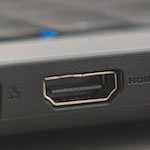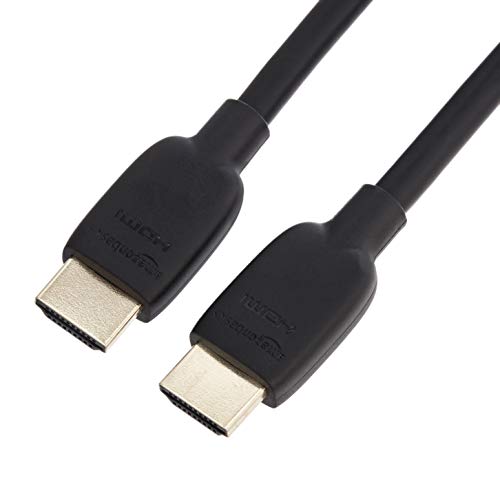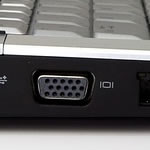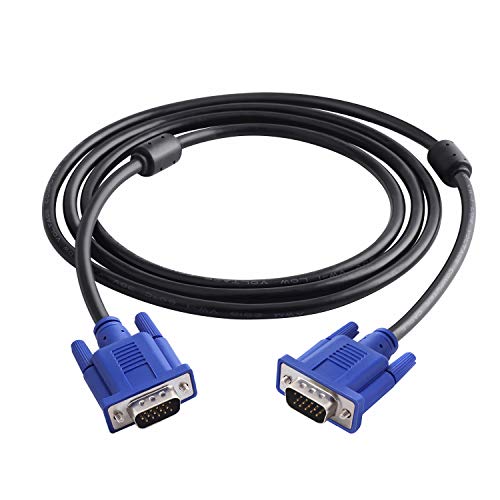How do I watch YouTube and other streaming videos on my TV?
Most smart TVs today are capable of playing YouTube videos for free. There are also other ways to play YouTube videos on your TV if it's not smart enough to do so on its own.
App on a smart TV
The easiest way to watch YouTube or another video streaming service on a TV is with a smart TV that has an app for that service.
To do this simply make sure your smart TV is properly connected to the Internet, install the app on your TV if it's not already pre-installed, and start using the app.
How to perform these steps will be specific to your TV brand and model.
App on a streaming device
Streaming devices provide apps and other features to a TV that doesn't already have them (e.g., isn't a smart TV). The main difference between a streaming device and a smart TV is that the streaming device is a separate device from your TV that connects your TV to the Internet.
The brands include Roku, Apple TV, Chromecast with Google TV, Amazon Fire TV, and Nvidia Shield TV.
Things to note
Each device may have additional features and services that work with related products (e.g., Apple TV integrates with other Apple products and services).
Most streaming devices, but not all, come with remotes that not only control the streaming device but also can control your TV as well. Important if you don't want to have to use a separate remote to control the TV.
Performance can vary, with the more expensive devices often performing better than the cheaper ones. Look for reviews and comparisons between devices before buying if this is a concern.
App on a game console
Gaming consoles such as Sony's Playstation or Microsoft's Xbox also connect to the Internet and have apps that can be used for streaming.
The price may be too steep to go out and buy one just to use for streaming but if you already have one or looking for another reason to buy one then this is an additional way to get streaming to your TV or whatever display device the console is connected to.
Computer cable connection to a TV
How you connect your computer to your TV using cables is determined by the video connections you have on your computer and your TV.
HDMI
If your computer and TV both have an HDMI port then you can simply plug your computer into the TV using an HDMI cable.

HDMI port

Once connected you'll just need to change the input on your TV to the HDMI port being used for the connection.
VGA
If your computer and TV both have a VGA port then you can simply plug your computer into the TV using a VGA cable. The VGA port on a TV is sometimes labeled PC or computer.

VGA port

Once connected you'll just need to change the input on your TV to the VGA port (it may be called PC or computer).
Note: a VGA cable doesn't carry audio. You'll have to play the sound through your computer (which means you'll have to control the volume through your computer) or connect your computer speaker output to your TV input.
If the computer and TV audio ports match then you can use a 3.5mm male-to-male cable.

If the TV audio ports are RCA then you can use a 3.5mm to RCA cable.

VGA to HDMI
If your computer only has a VGA port and your TV doesn't have a VGA port but does have an HDMI port then you can use a VGA-to-HDMI adapter. You also may need an HDMI or VGA cable as well if the adapter requires it.

VGA-to-HDMI adapter (requires HDMI cable)
You can plug the computer audio into the above adapter to get sound to the TV.
Once connected you'll just need to change the input on your TV to the HDMI port being used for the connection.
Be sure to get a VGA-to-HDMI adapter not an HDMI-to-VGA adapter if you want to go from the computer's VGA port to the TV's HDMI port.
Note: the VGA connection doesn't carry audio so you'll need to use the audio solution provided by the adapter or as described above in the VGA cable solution.
Other ports
There are adapter solutions if you want to use other ports on your computer (e.g., display port, USB) that may work for you as well. You'll likely need an adapter from your computer port to HDMI.
You should be able to find an article on the Internet or video on YouTube that can help with that setup.
Wireless screen casting to a TV
You can also cast or mirror your phone screen or computer screen to a TV.
To screen cast from your phone or computer to a TV you'll need a compatible app or feature on both devices. If you're using a streaming device attached to your TV then you'll need a compatible app or feature on that device.
There are generally two types of screen casting.- Cast or mirror your phone or computer screen to the TV
- Cast the screen from a particular app to the TV
The difference is that full mirroring will display everything being done on your phone or computer while casting from an app will only display that app. To cast from an app requires that the app has a cast option available (e.g., YouTube, Chrome Browser).
Android to Roku
iPhone or iPad to Roku
Android to Chromecast
iPhone or iPad to Chromecast
Android to Fire TV
iPhone or iPad can't cast to Fire TV
Computer (Windows) to TV